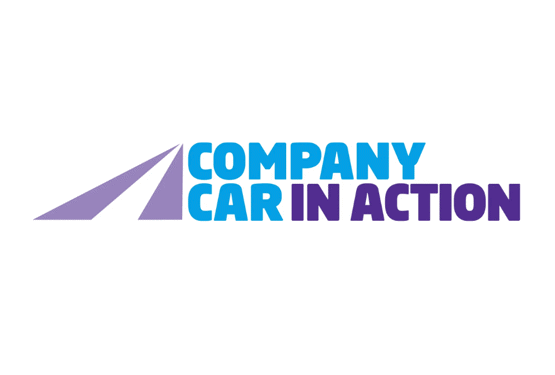Growth in salary sacrifice car schemes is being driven by employees wanting to cut the amount of tax they pay, according to new research.
A survey, commissioned by Venson Automotive Solutions, found that almost two-thirds (61%) of drivers who were already in, or would like to join a salary sacrifice (sal/sac) car scheme, say their primary motivation is that it’s a great way of reducing taxable income, meaning lower income tax and National Insurance contributions (NIC).
The findings also underline the strategic value of offering sal/sac schemes, with three-quarters (75%) of 25–34-year-olds saying they would choose a job that includes a sal/sac scheme over an equally attractive role that does not.
Simon Staton, client management director at Venson Automotive Solutions, said: “Attracting and retaining top talent remains a key focus for employers across the country.
“Salary sacrifice car schemes are no longer just a tax-efficient perk, they are a critical tool for fleet professionals and their HR colleagues, which can make or break employee recruitment and engagement.”
Venson’s survey shows that more than a third (35%) of employees are attracted to the fleet funding method as it includes all the monthly car costs, so it takes the financial unpredictability out of car ownership.
Meanwhile, the ability to afford a more sustainable vehicle is also a key driver in opting for a sal/sac car scheme.
Some 40% of employees who were already in, or keen to join a sal/sac scheme, said that their interest stems from a desire to transition to electric, saying salary sacrifice is the only way they can afford to do so.
The results of Venson’s survey underline the important part salary sacrifice car schemes can play in attracting and retaining staff, while supporting business strategic goals related to decarbonisation.
Staton concluded: “Our survey has really illuminated the value both current and future employees place on benefits like these.
“Sal/sac helps employees drive the eco-friendly car they want in a neat financial package that makes them feel rewarded and valued by their employer. All while helping to support low-emission fleet goals.”























Login to comment
Comments
No comments have been made yet.